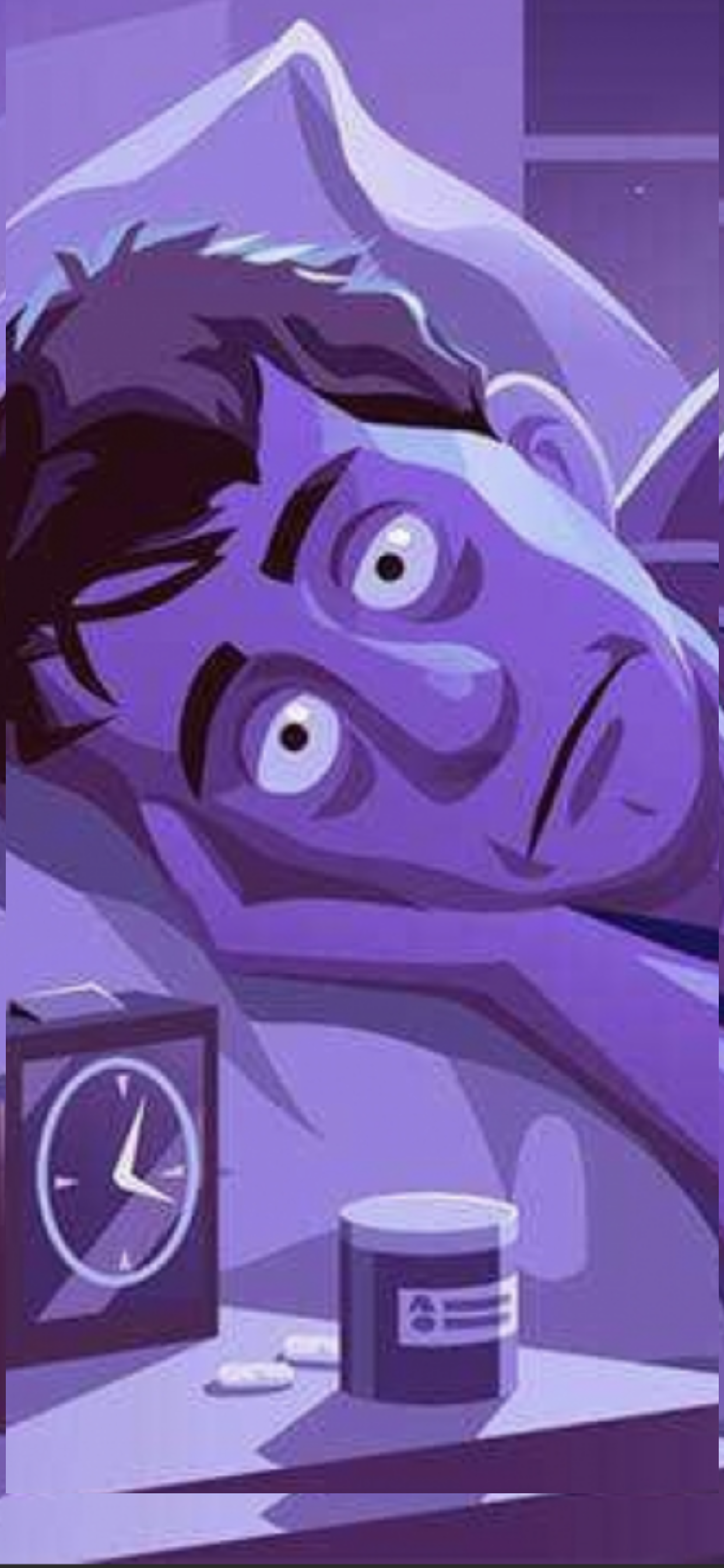Another Sleepless Night
Posted on August 3, 2020
The impact of sleep deprivation is something we tend to downplay as a society. There have been numerous studies published on sleep disorders and how lack of sleep impacts our ability to function, how it threatens the systems of the body and ultimately our health. Lack of sleep weakens our endocrine system, our respiratory system, limbic system as well as disrupts normal metabolic homepstasis.
Common symptoms associated with Insomnia include daytime sleepiness, lethargy, difficulty concentrating, fatigue, mood swings, slowed reaction times and anxiety. Chronic insomnia is usually a result of stress, life habits or events that can disrupt sleep. In severe cases, it results in mental health disorders such as depression, anxiety disorders and substance abuse. The long-term impacts of chronic insomnia include high blood pressure, heart disease and weight gain. According to the National Sleep Foundation, 30 – 40 percent of American adults report that they have had symptoms of insomnia within the last 12 months and 10-15 percent of adults claim to have chronic insomnia.
Fatal insomnia is a rare disorder that typically starts out gradually but worsens over time. Symptoms include speech problems, coordination problems and dementia. It can result in death within a few months to a few years.
The longest recorded time without sleep is approximately 264 hours, just over 11 consecutive days. Although it is unclear exactly how long humans can survive without sleep it is not long before the effects of sleep deprivation start to show. After only three to four nights without sleep, you start to hallucinate, overt psychosis could soon follow.
Several small studies in adults and children have suggested that an exposure to light from televisions and smartphones prior to going to sleep can affect natural melatonin levels and lead to increased time to sleep. In addition, a study conducted by Rensselaer Polytechnic Institute found that backlit tablet computers can affect sleep patterns. These studies suggest that technology in the bedroom can worsen insomnia and lead to more severe health complications.
With all this being said it seems our society is functioning with less sleep than optimal, especially as the isolation and uncertainty of Covid continues to interrupt our way of life. While many things are out of our control, our sleep habits are not. Please be mindful of your own sleep habits and those of your children.
References
How Long Can You Go Without Sleep? Function, Hallucination, and More. Medically reviewed by Debra Rose Wilson, Phd, MSN,RN,IBCLC,AHN-BC, CHT
Fatal Familial Insomnia – National Organization for Rare Diseases
Insomnia: Everything you need to know. Medically reviewed by Daniel Murrell, MD – Written by Peter Crosta on December 7, 2017
Sleep and the endocrine system. Sleep Med Clinic 2016 11:115-126
The sleep deprived human brain. Nat Rev Neurosci: 2017; 18:404-418
International Classification of Sleep Disorders: Diagnostic and Coding Manual. 3rd Ed. American Academy of Sleep Medicine, Darien, IL2014
Insomnia disorder. Nat Rev Dis Prim. 2015 1:1-18

2 thoughts on “Another Sleepless Night”
Amanda Perizzolo
–This is fantastic! As a TCM doctor and an acupuncturist I treat insomnia all of the time and it can absolutely effect quality of life and ability to cope with day to day stressors. Great blog post and thanks for bringing awareness to the side effects of insomnia!
Brenda
–I really enjoyed reading your post on sleep! Sleep is something my oldest son has struggled with over the years. So we have incorporated mindfulness meditation into his life. We focus on breathing and calming our minds and just taking time. When he was younger he would have his favourite teddy on his tummy and would practice breathing – watching the teddy rise up and down! It really helped to quiet his mind and just be present in the moment.